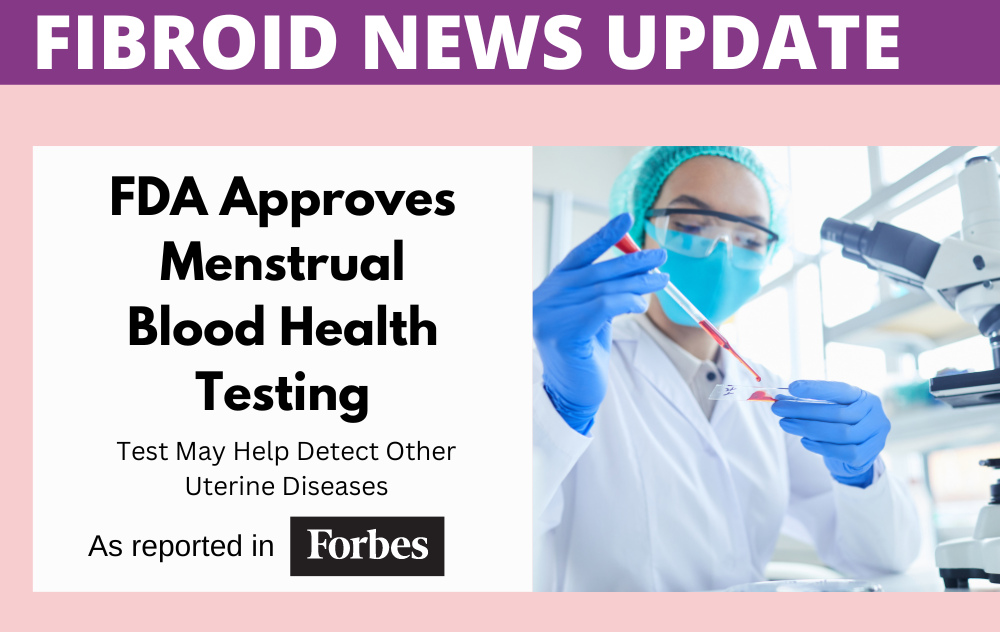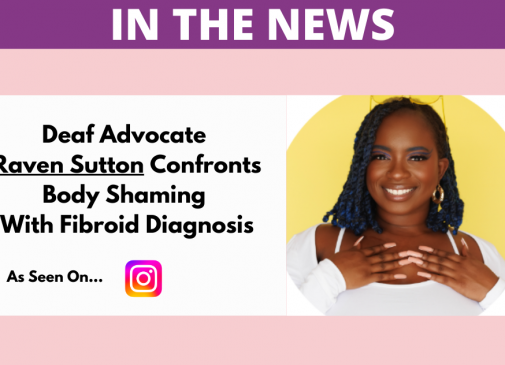
A major development in women’s health technology occurred in January 2024, when the FDA approved the Q-Pad and its A1c test. This marks the first-ever FDA-cleared menstrual blood health test.
The Q-Pad is a specially designed menstrual pad containing a removable strip. After use, the strip can be sent to a lab for analysis, allowing individuals to monitor blood sugar levels via menstrual blood. This non-invasive approach potentially offers a more convenient alternative to traditional finger pricking.
While the initial application focuses on A1c testing for individuals with diabetes, the broader potential of menstrual blood testing for various health markers holds significant promise for the future of women’s health research and personalized medicine.
Other possible applications of the diagnostic power of menstrual blood include screening for human papillomavirus (HPV) and endometriosis. Currently, during a test for HPV (the virus associated with cervical cancer) and/or a test for cervical cancer (a test known as a pap smear), a woman’s medical professional will put a speculum into her vagina and collect, from outside the cervix, cells to be tested. (The difference between these two is that the HPV test looks for the HPV infection while the cervical cancer test looks for abnormal cells in the cervix.) More than 90% of sexually-active men and 80% of sexually-active women will be infected with HPV during their lifetime while cervical cancer is one of the most commonly diagnosed cancer in women worldwide and one of the leading causes of cancer death worldwide.
Likewise, the most common option to diagnose and treat endometriosis is another invasive procedure: a laparoscopic surgery. Endometriosis is when the endometrial tissue, which usually lines the uterus, grows outside the uterus. That tissue thickens, breaks down, and bleeds with each period, but the blood has nowhere to go, potentially leading to heavy bleeding, intense pain, and – in the long-term – cysts, inflammation, organ damage, scarring, and the buildup of fibrous tissues between reproductive organs. In fact, between 30-50% of those experiencing infertility have endometriosis.
About Fibroid Fighters
Fibroid Fighters is a public welfare organization created to raise public awareness about fibroids’ social, economic, and health impacts so that we can destigmatize the condition, encourage open conversations around fibroids, and advocate for better support systems. We believe women deserve to be equipped with the knowledge and resources to navigate fibroids with confidence and access the best possible care.
Stay in touch. Subscribe to our newsletter for the latest women’s health and fibroid care updates.







